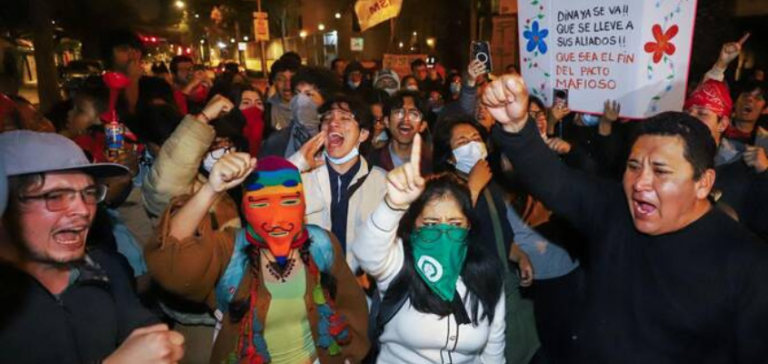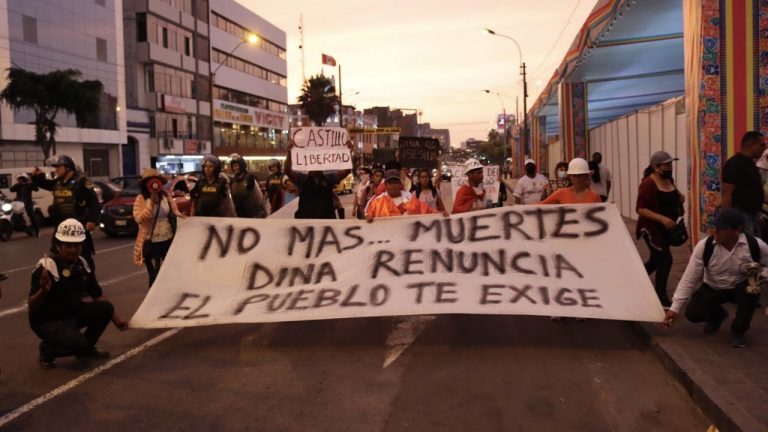Peru’s Executive In Crisis
On October 9, 2025, the Peruvian Congress once again voted to vacate the executive; this time the usefulness of their puppet Dina Boluarte had run out. With more than 80 deaths under her belt during the 2022-23 uprisings predominantly in the Southern mineral rich regions of Peru, Dina Boluarte was sacrificed to the altar of a dictatorial right wing Congress. With 122 votes in favor of vacating the region’s most unpopular president for “permanent moral incapacity” amid growing crime and protests in the capitol city demanding action. Congress swiftly approved the new Interim President, president of the Congress, José Jerí. Within days of taking power, the new “president” (perhaps more accurately named Congressional coup figurehead), faced the same level of mass protests as had taken place during the Boluarte regime.















